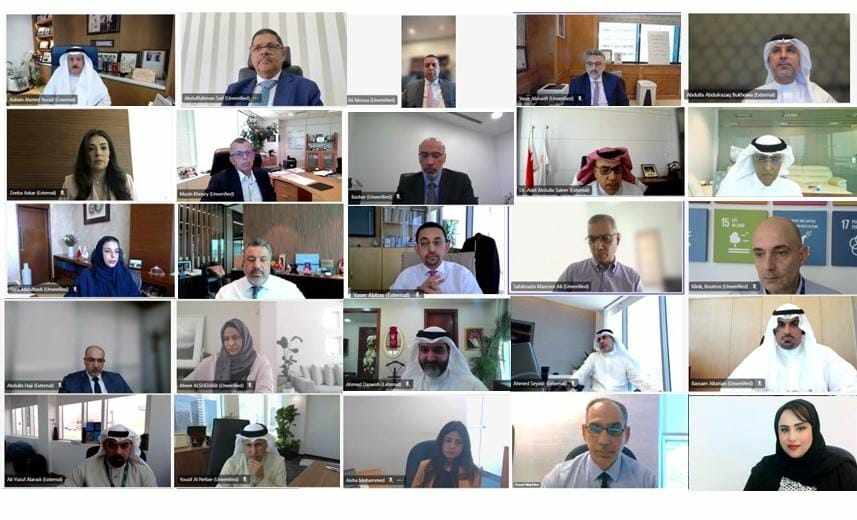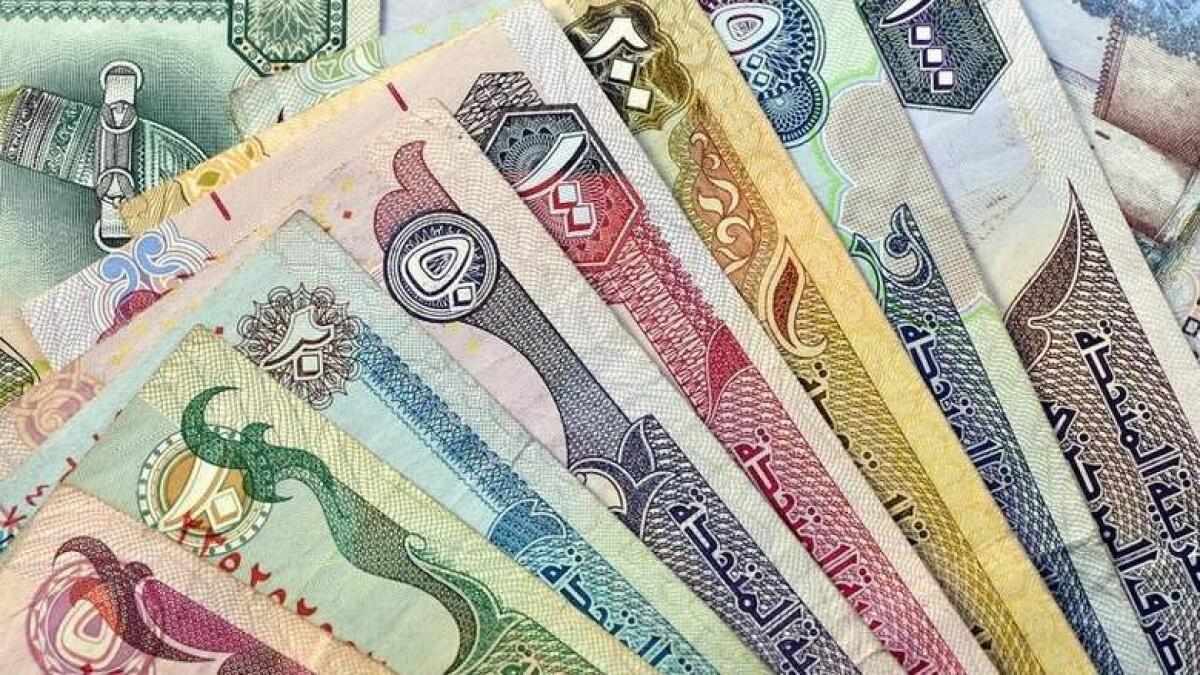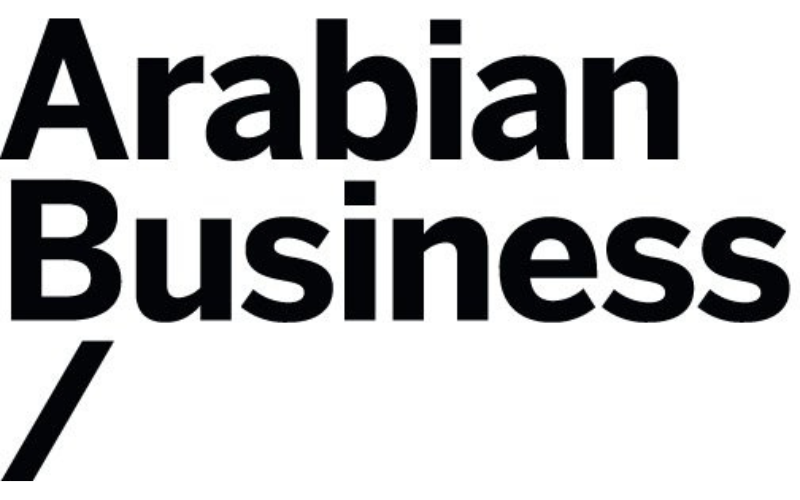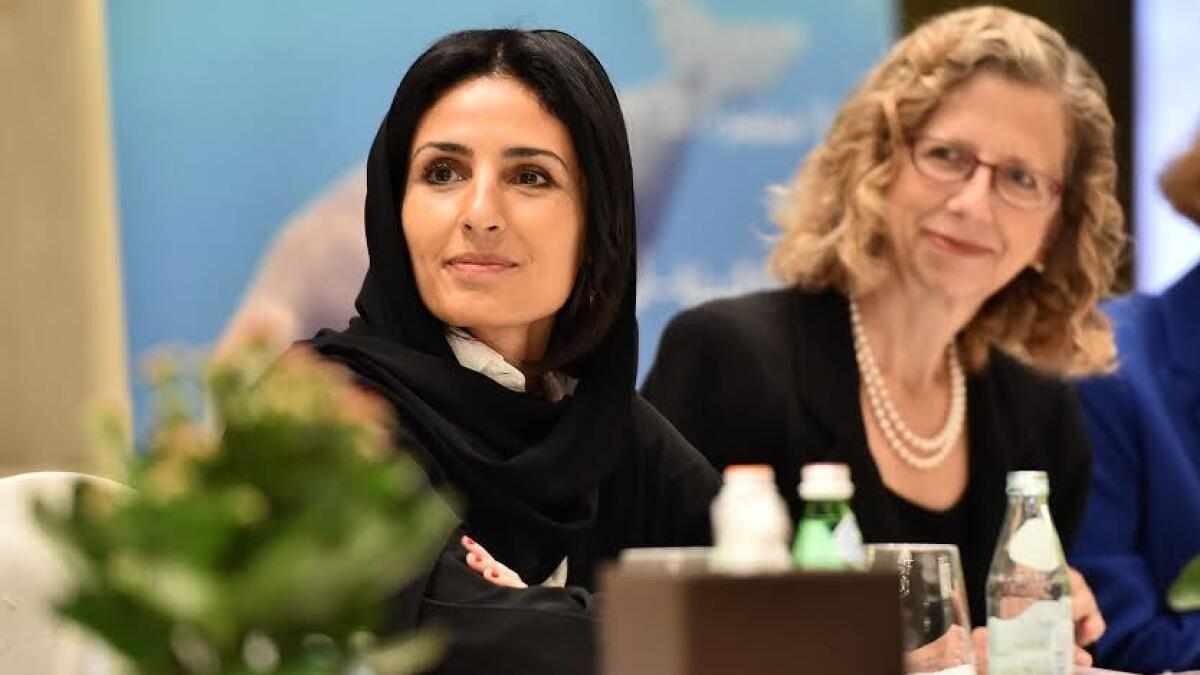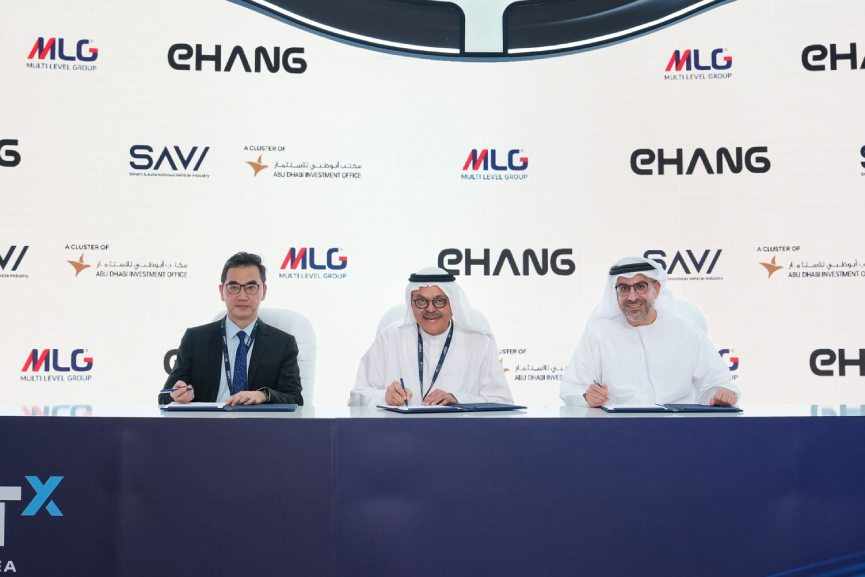UAE bans rice exports and re-exports for four months
- Date: 29-Jul-2023
- Source: Arab News
- Sector:Financial Services
- Country:UAE
UAE bans rice exports and re-exports for four months
BEIRUT: Abbas Halabi, Lebanon’s caretaker education minister, said on Friday that the rumored integration of Syrian students with Lebanese students in public schools is “not feasible.”
He added that the ministry intends to continue with the current system, in which Lebanese students attend classes in the morning, while non-Lebanese students — including Syrians — attend in the afternoon.
As of 2019, Syrian students constituted approximately 20 percent of Lebanon’s total student population. The latest estimates from the UN refugee agency, UNHCR, for the academic year 2020-2021 revealed that there were 321,512 registered Syrian students in the country, of whom 187,000 studied in public schools, around 11,000 in free private schools, 53,000 in paid private schools, and more than 6,000 in “non-formal education programs.” Additionally, around 64,000 Syrian students were enrolled in secondary education.
To accommodate this influx of students, 337 schools began running afternoon classes.
Lebanon’s economic crisis — described as one of the worst in its modern history by the World Bank — has been ongoing since 2019. The national currency has lost more than 95 percent of its value, leading to a marked decline in salaries and purchasing power for Lebanese citizens.
According to government estimates, there are around 1.5 million Syrian refugees



